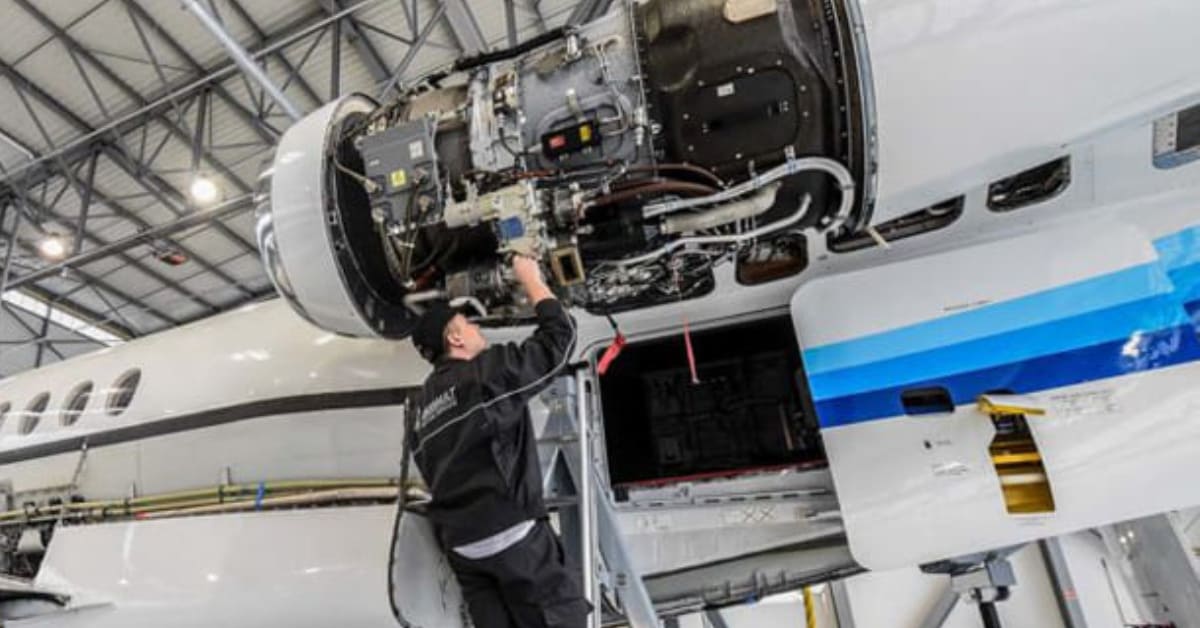Difference Between B.Sc. Aeronautical and B.Tech Aeronautical Engineering
Posted on : 8 November, 2025 12:23 pm
For students who are passionate about aviation and aerospace, two popular courses often come up: B.Sc. Aeronautical and B.Tech Aeronautical Engineering. Both lead to exciting careers in the aviation industry, but they are quite different in nature, subjects and job opportunities. Let’s understand the difference.
Course Nature
- B.Sc. Aeronautical – A science based course that teaches the basics of aeronautics, flight mechanics, aircraft systems and aviation operations. It usually takes 3 years to complete.
- B.Tech Aeronautical Engineering – An engineering program that goes deeper into the design, development and manufacturing of aircraft and spacecraft. It usually takes 4 years to complete.
Eligibility
B.Sc. Aeronautical
- Must have completed 12th (10+2) with Physics, Chemistry and Mathematics (PCM).
- Need at least 50 to 60% marks in PCM (varies by college).
- Admission is often based on 12th marks, though some colleges may hold small entrance tests.
B.Tech Aeronautical Engineering
- Must have completed 12th (10+2) with PCM.
- Minimum 60% or above in PCM.
- Admission is mainly through entrance exams like JEE Main, JEE Advanced or state/university level tests.
Duration & Recognition
- B.Sc. Aeronautical – 3 years; considered a science degree.
- B.Tech Aeronautical – 4 years; considered an engineering degree with wider career scope.
Curriculum
- B.Sc. Aeronautical – Focuses on aerodynamics, propulsion, aviation safety, aircraft systems and materials science. It is more about theory and applied science.
- B.Tech Aeronautical – Includes fluid dynamics, structural analysis, avionics, propulsion, CAD and aircraft design. It focuses more on engineering, innovation and projects.
Practical Exposure
- B.Sc. Aeronautical – Offers labs, simulations and some projects, but practical training is limited.
- B.Tech Aeronautical – Provides hands on workshops, industrial training and final year projects, making it more practical and job oriented.
Career Pathways
A B.Sc. Aeronautical graduate can work in:
- Operations and safety of aviation
- Aircraft maintenance support
- Airline management roles
- Ground operations and technical support
- Assisting in research in aerospace laboratories
B.Tech Aeronautical can work in:
- Design of aircraft and spacecraft
- Research and Development (R&D)
- Defense and space organizations (ISRO, DRDO, HAL)
- Aircraft manufacturing firms (Airbus, Boeing, etc.)
- MROs (Maintenance, Repair & Overhaul) with more authority on the technical side
Higher Studies
- B.Sc. Aeronautical Can undergo M.Sc. in Aerospace, Aviation or related sciences or move into management through MBA in Aviation Management.
- B.Tech Aeronautical Can undergo M.Tech/MS in Aerospace Engineering or pursue further specialization in fields like space technology, UAVs or propulsion systems.
Both B.Sc. Aeronautical and B.Tech Aeronautical Engineering give you career opportunities in aviation and aerospace, but your choice depends on your interest and career goals. If you prefer the science and operational side of aviation and want a shorter course, go for B.Sc. Aeronautical. But if you want to build, design and innovate aircraft with strong engineering skills, B.Tech Aeronautical is the better choice. In short, B.Sc. gives you the foundation in aviation science, while B.Tech trains you as a professional aeronautical engineer.

